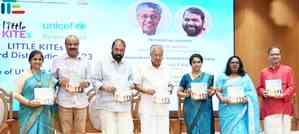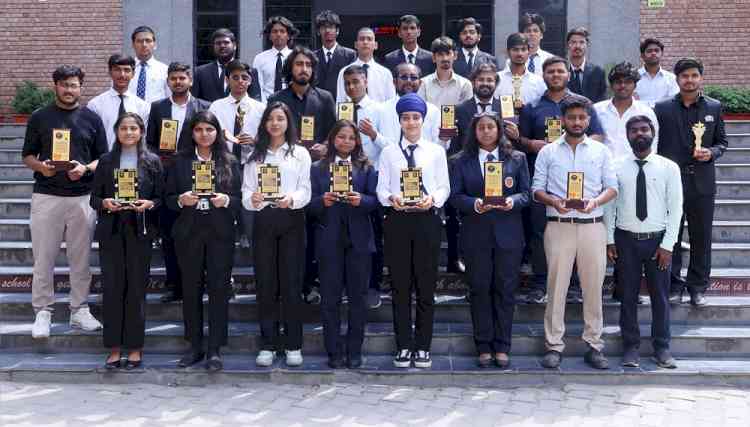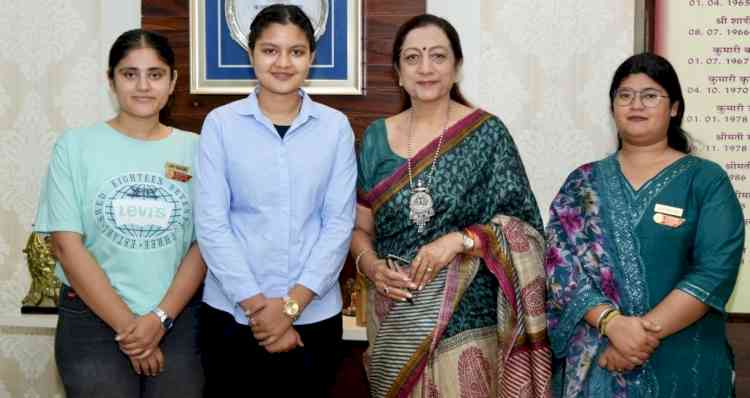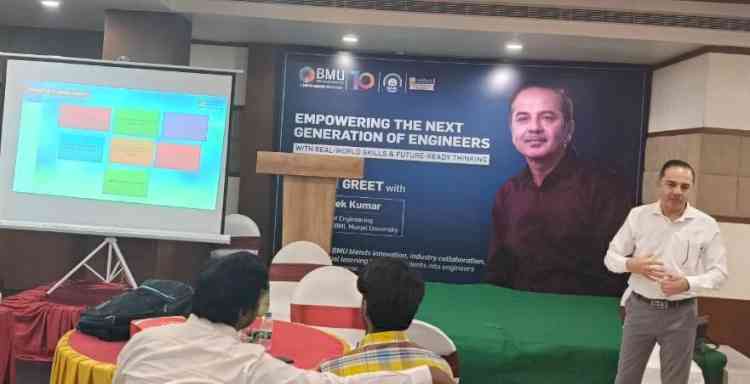Unicef lauds Kerala's digital education model
A Unicef India study has lauded Kerala's digital education initiatives (Edtech) for serving as a model not just for other Indian states, but also for middle-income and developed countries.

Thiruvananthapuram, July 6 (IANS) A Unicef India study has lauded Kerala's digital education initiatives (Edtech) for serving as a model not just for other Indian states, but also for middle-income and developed countries.
The report titled "Empowering Adolescents with Future-Ready Skills - The Inspiring Story of Little KITEs", was released here on Saturday in the presence of Chief Minister Pinarayi Vijayan, V. Sivankutty, Minister for General Education, besides others.
The study focused on the Little Kerala Infrastructure and Technology for Education (KITEs) programme, the largest ICT network of students in India, implemented by KITE across 2,174 high schools in the state.
Kerala's KITE-led Edtech model is without relying on profit-driven vendors, both scalable and adaptable, making it valuable for other regions.
The study emphasises that choosing Free and Open-Source Software (FOSS) over proprietary software has technological, economic, social and pedagogical benefits, as demonstrated by KITE's success.
The report notes that Kerala saved Rs 3,000 crore by using open-source software, and even Finland has expressed interest in replicating the little KITEs model.
Unicef study urges expanding little KITEs' time, reaching all high schools and higher secondary levels.
The report goes beyond commending Kerala's infrastructure, including the deployment of 9,000 robotic kits and Artificial Intelligence/Internet of Things training for little KITEs.
KITE is training 80,000 teachers in AI, making it a unique model in the country.
Little KITEs empower students to work independently in robotics and AI, transforming them from consumers of technology into designers and creators.
"It is evident that little KITEs is a well-sown seed in the fertile ground of Edtech in Kerala. It has grown rapidly and has promoted a wide range of students across the private school system to explore creativity and problem-solving, to connect school to life in innovative ways, and to architect safe digital futures," the study noted.
Akila Radhakrishnan, Social Policy Specialist with Unicef India, said the study identifies the little KITEs program as a truly unique FOSS-based Edtech intervention, and we are committed to sharing its success stories with other states and countries.
K. Anvar Sadath, CEO of KITE, said KITE seeks partnerships with UNICEF and others to bring little KITEs to new regions.
--IANS
sg/khz


 IANS
IANS 








